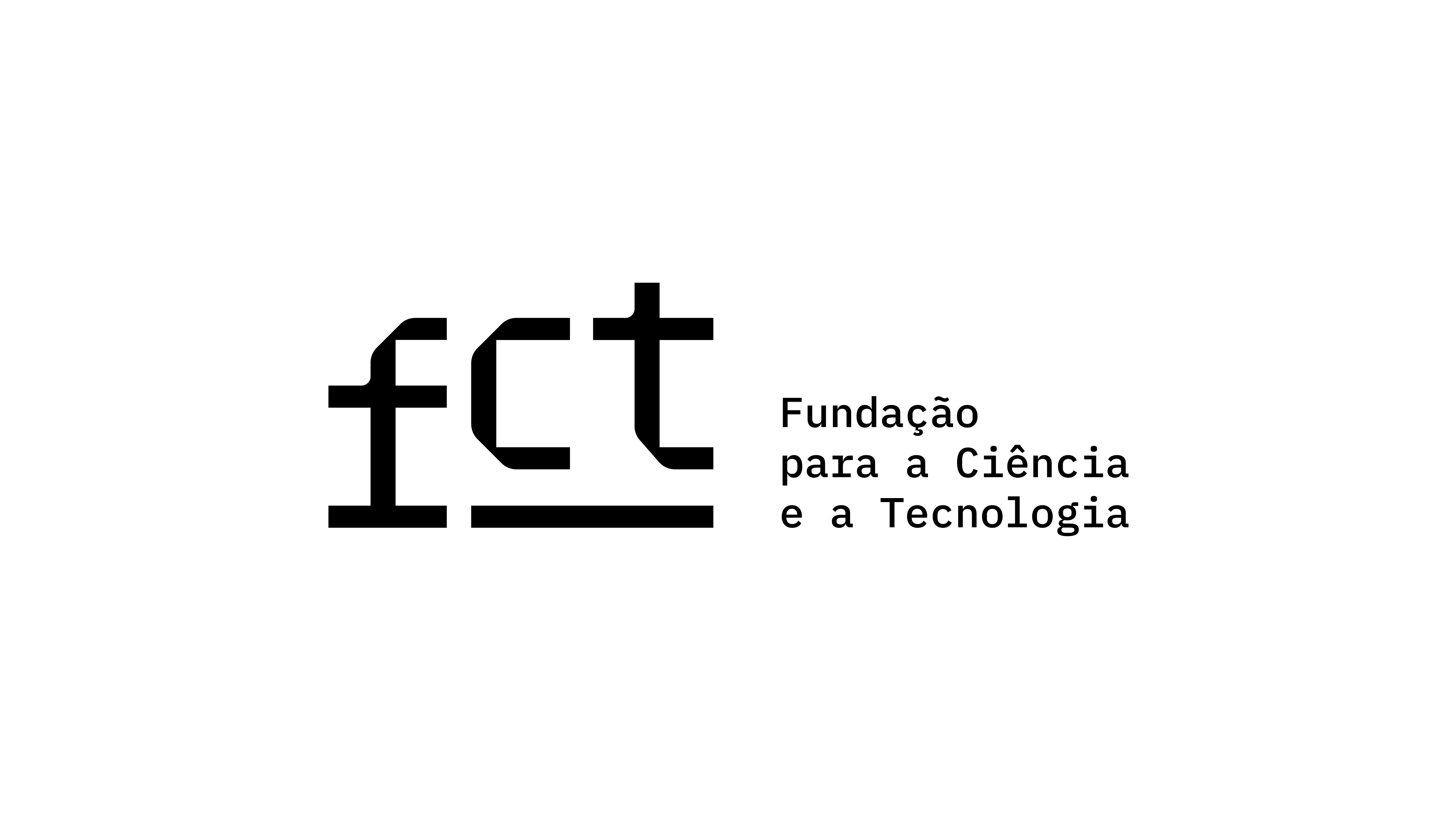Call for Papers | Aesthetics in Distress: Gender-Based Violence and Visual Culture (No. 10) | Closed
Thematic editors: Ece Canli (CECS, Universidade do Minho, Portugal) and Nicoletta Mandolini (CECS, Universidade do Minho, Portugal)
Gender-based violence (GBV), a social issue that involves acts of physical, sexual, and/or psychological abuse exercised towards a subject based on her/his/their gender, remains one of the most long-standing and challenging problems of our times. On the one hand, the last decades have witnessed increasing visibility and public awareness of gender-based violence, thanks to feminist, queer and trans* activism, anti-violence efforts at a grassroots level, social media mobilisations, enactments of transformative justice, and the momentous shift incited by the #MeToo. On the other hand, the changing façade and breadth of violence, accompanied by the intractable depth of digital communications, escalating financial precarity, worldwide political turmoils and environmental crises, ongoing colonial practices of land grab, arm conflicts and the rampant displacements thereof, as well as by the recent COVID-19 pandemic, have exposed vulnerable groups to gender-based violence in sites that are not only homes, streets and workplaces, but also the cyberspace, camps, detention centres, industrial complexes, prisons, borders, and so on. Considering the severity and complexity of such a deeply-rooted phenomenon that needs to be addressed, examined and counteracted further, with this thematic section, we aim at providing a platform for academic, artistic and activist research that works at the intersection of gender-based violence studies and visual culture.
The visual modality has always been crucial to the perpetuation of and resistance to the patriarchal symbolic order from which sexist violence originates. Visual arts and media such as film, painting, plastic arts, comics, advertisement and design have notoriously been recognised as sites for the reproduction of GBV through the biased representation of binary gender categories, the infamous male gaze, the objectification of feminine/gender non-conforming bodies, and the fetishisation of violence. Simultaneously, over the last half-century, the visual has reached a status of privileged battlefield for cultural interventions carried out by feminist, LGBTQI+, intersectional and decolonial artists and media activists interested in confronting, and possibly subverting, the aforementioned sexist regime of representation.
For this thematic section, we invite scholars to submit (full-length in text format) articles, reviews, interviews and visual projects on representational, material and affective aspects of gender-based violence. Topics include but are not limited to:
- art-based research on gender-based violence from artistic fields that deal with visuality and representation (e.g. plastic arts, performing arts, cinematography, multimedia arts, etc.);
- the violence of spectatorship, male gaze and scopophilia in cinema and visual narratives;
- the possibilities and power of the female gaze, queer gaze and oppositional gaze;
- practice-based research on the materiality of gender-based violence through designed mediums (e.g., images, objects, symbols, spaces and digital constructions);
- the visual aspect of (de)coloniality of gender and visual narratives from the margins;
- the symbolic dimension of gender violence in media and visual culture;
- representations of embodied violence (e.g. reproductive violence, injury-inflicting abuse, labour exploitation, domestic violence, sexual assault);
- visualisation and materialisation of violence against women, girls, LGBTQAI+, non-binary and trans* folks in the arts and the media;
- the role and performativities of femininities and masculinities in the context of gender-based violence;
- intersectionality of gender-based violence in arts, media and visual culture;
- historical research or up-to-date analysis of visual aspects of gender-based violence;
- portrayal and perpetuation of GBV in digital communication platforms and new media;
- arts, design and media as counter-hegemonic and emancipatory realms to combat gender-based violence.
IMPORTANT DATES
Submission (full manuscript): from May 1 to July 30
Submission (full manuscript) | new date: September 15
Journal publication date: continuous edition (July to December 2022)
LANGUAGE
Proposals may be submitted in Portuguese or English. After the peer review period, the authors of proposals accepted for publication must ensure the translation of their manuscripts into Portuguese or English, respectively. The editors will make the final decision on the publication of the paper.
EDITORIAL POLICY AND SUBMISSION
Vista is an open-access academic journal, following demanding peer-review standards, based on a double-blind review process. After submission, the papers will be forwarded to two reviewers, previously invited to evaluate them according to their academic quality, originality and relevance to the journal's objectives and scope.
Originals must be submitted through the journal's website. If you are accessing Vista for the first time, you must register before submitting your manuscript (instructions for registration here).
The guidelines for authors are available here.
For further information, please contact: vista[at]ics.uminho.pt








